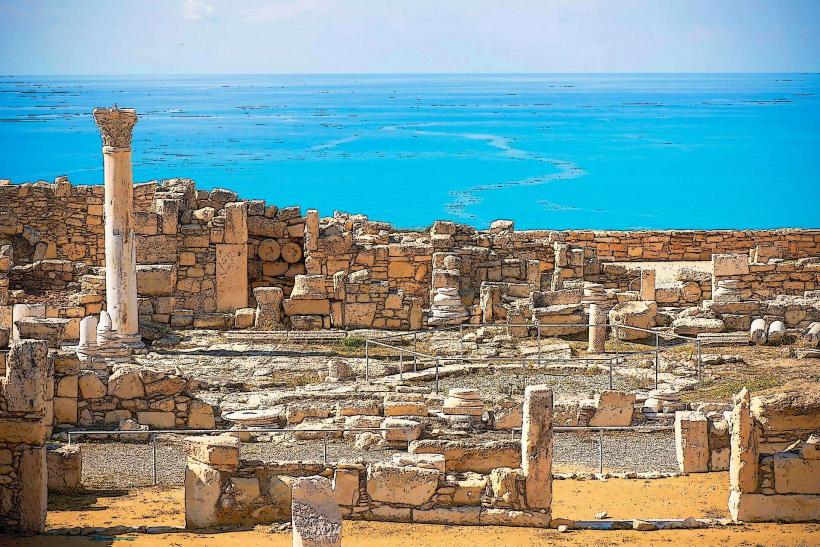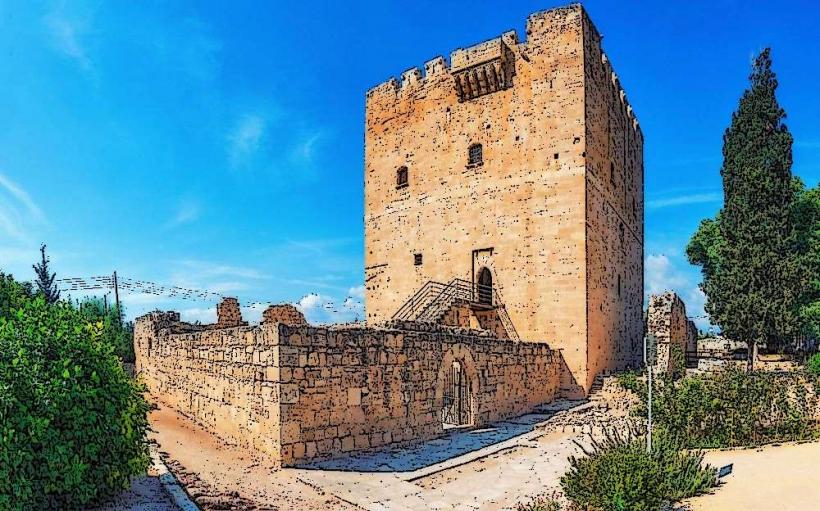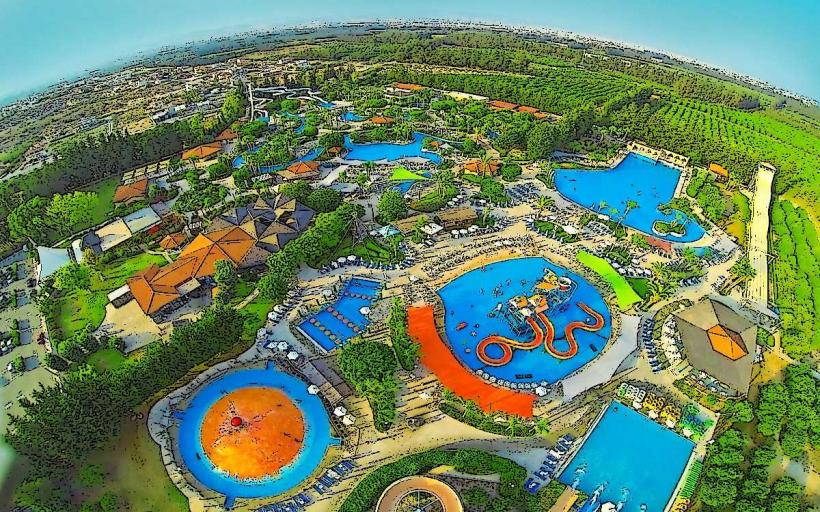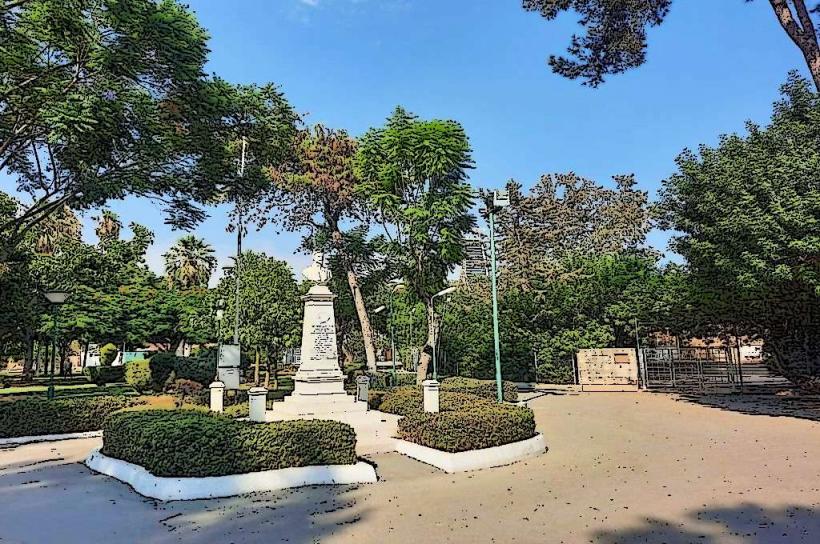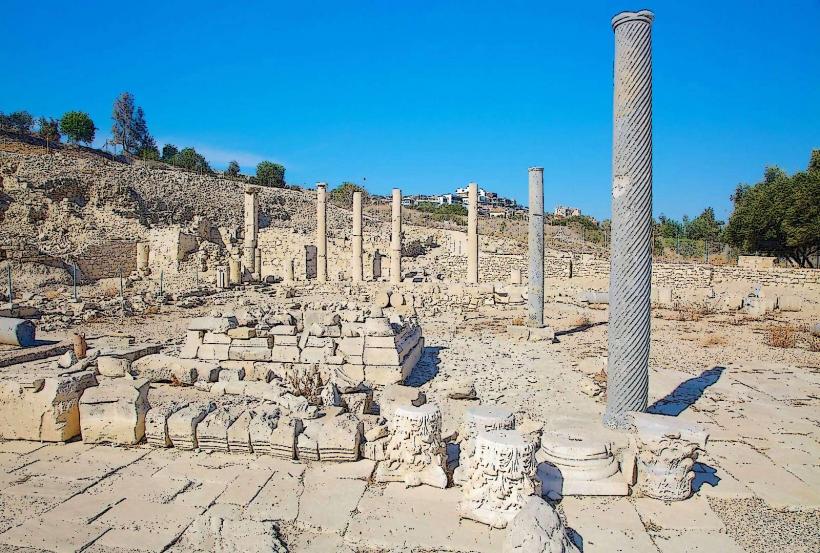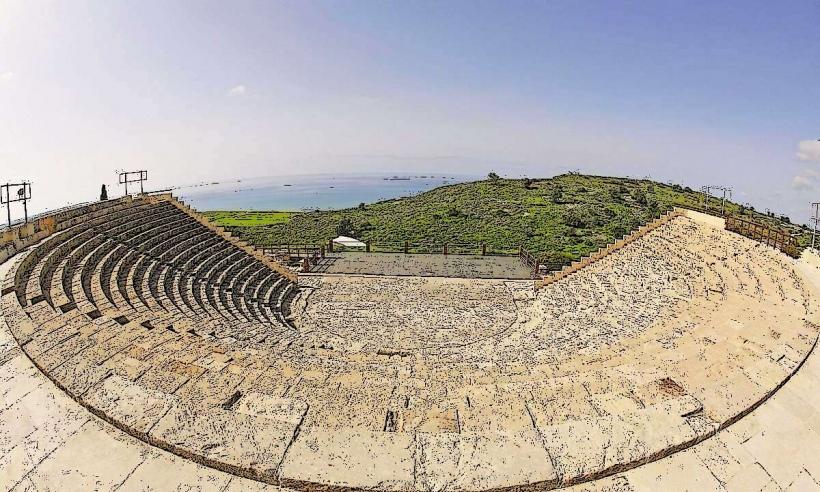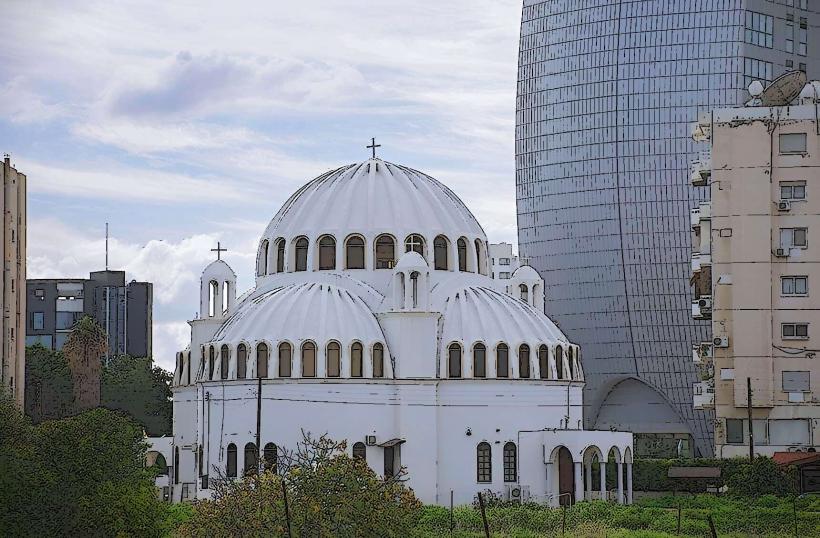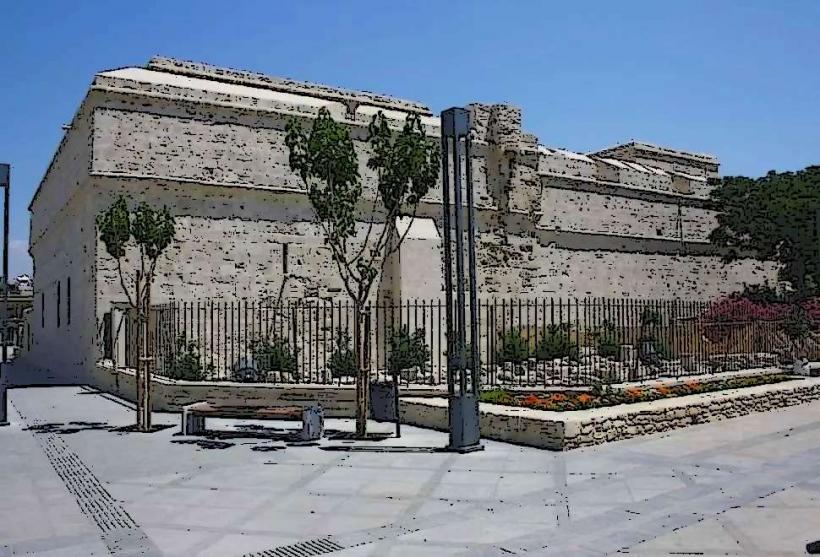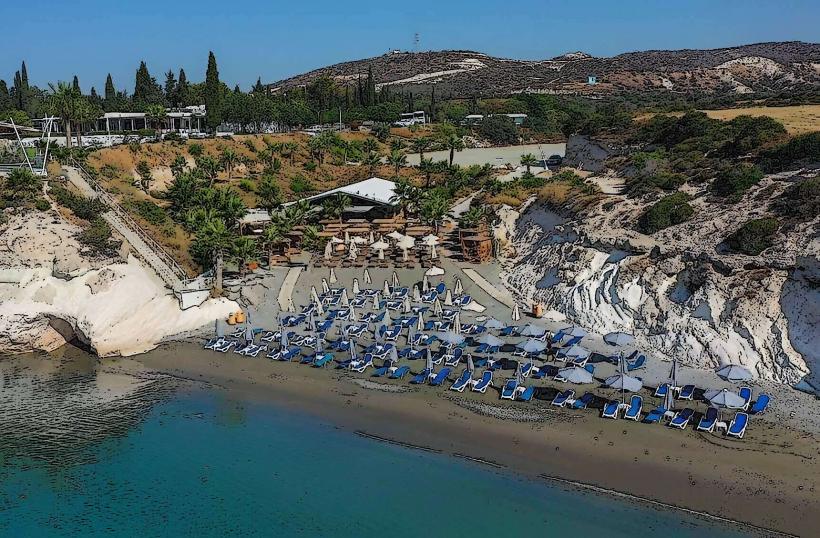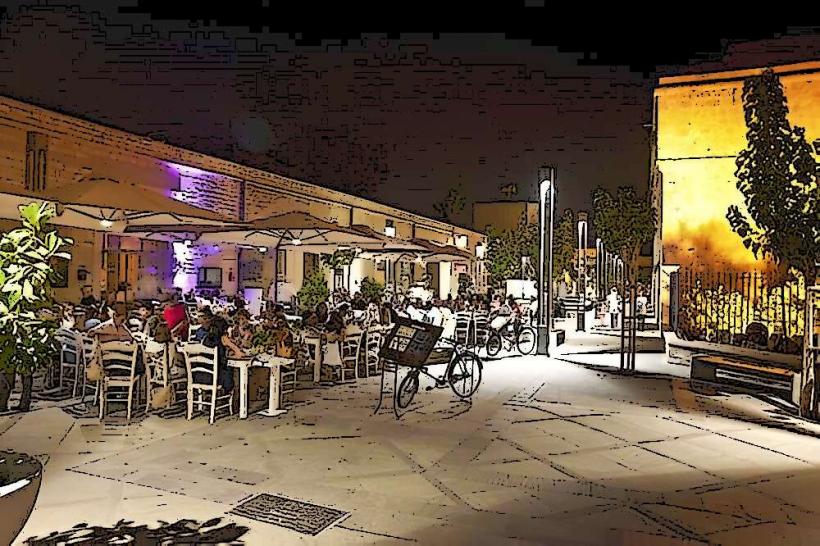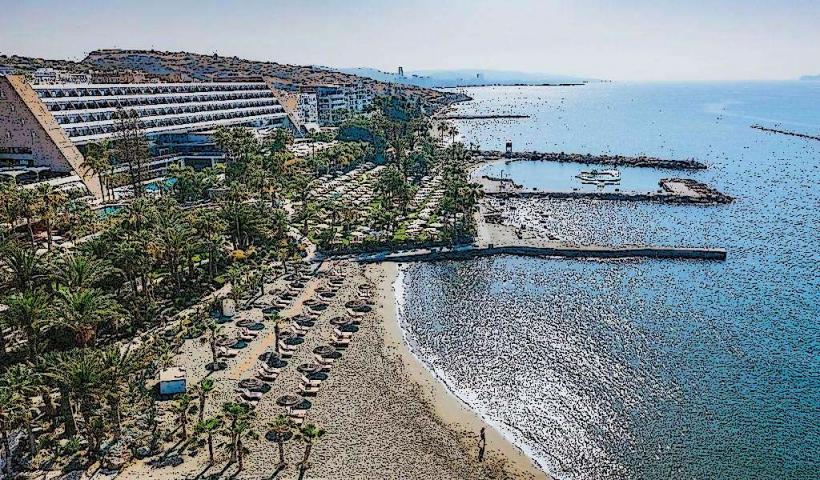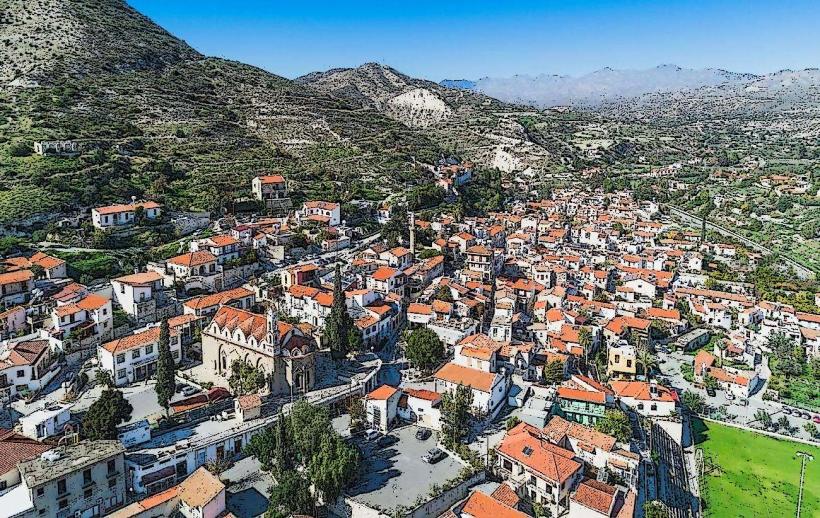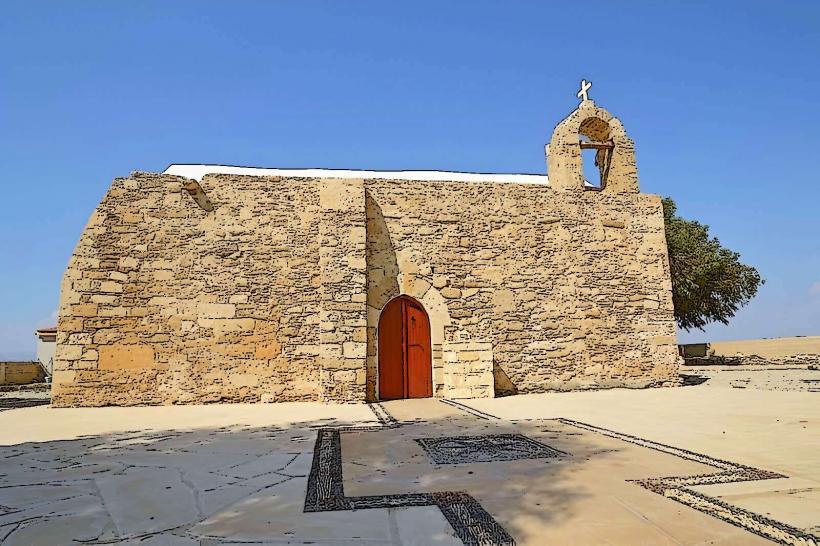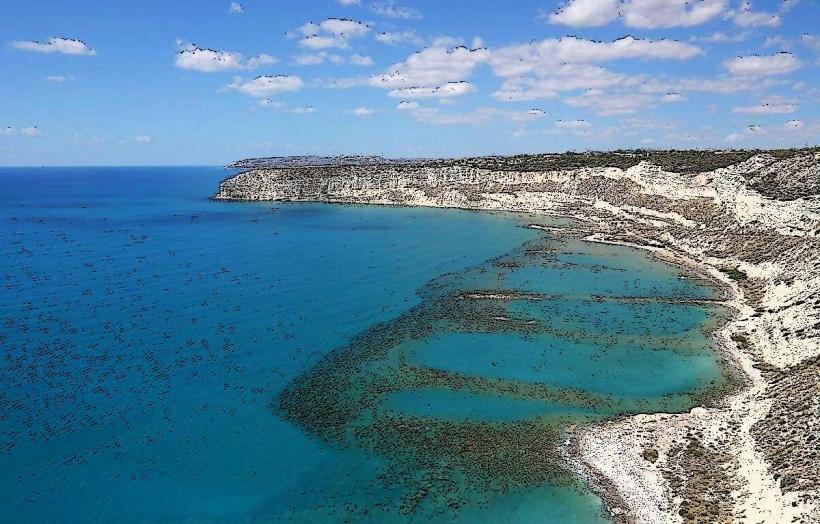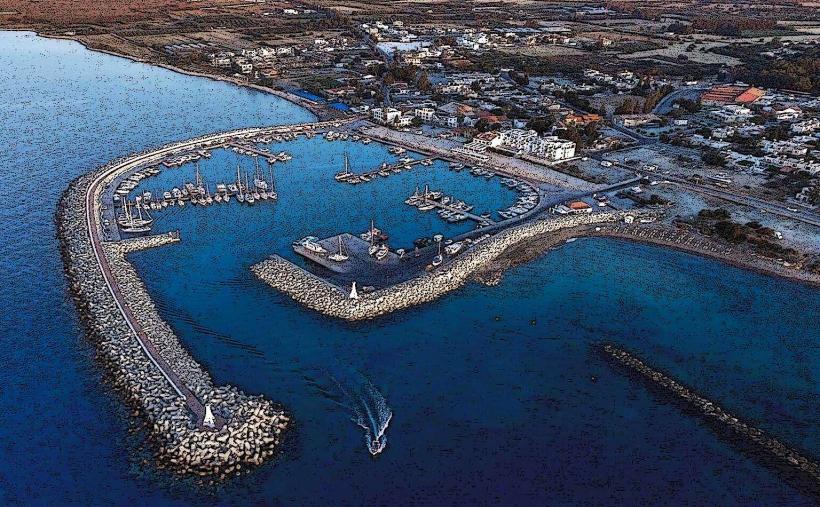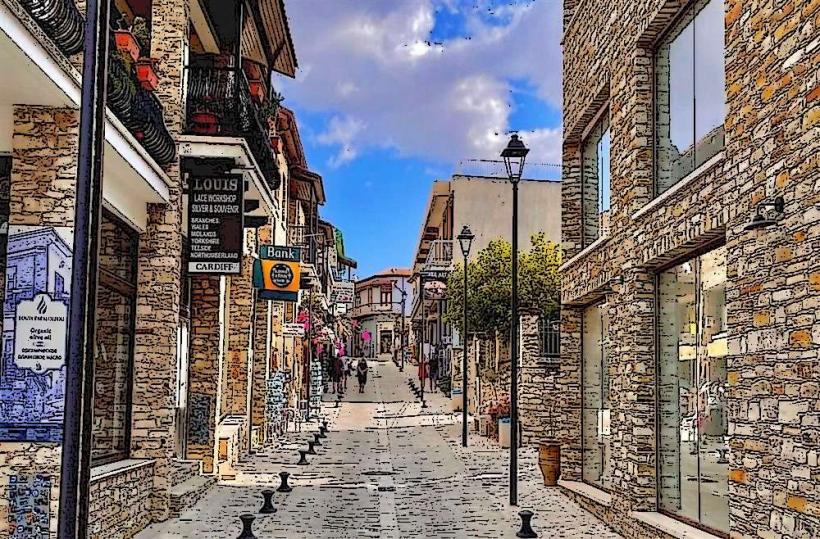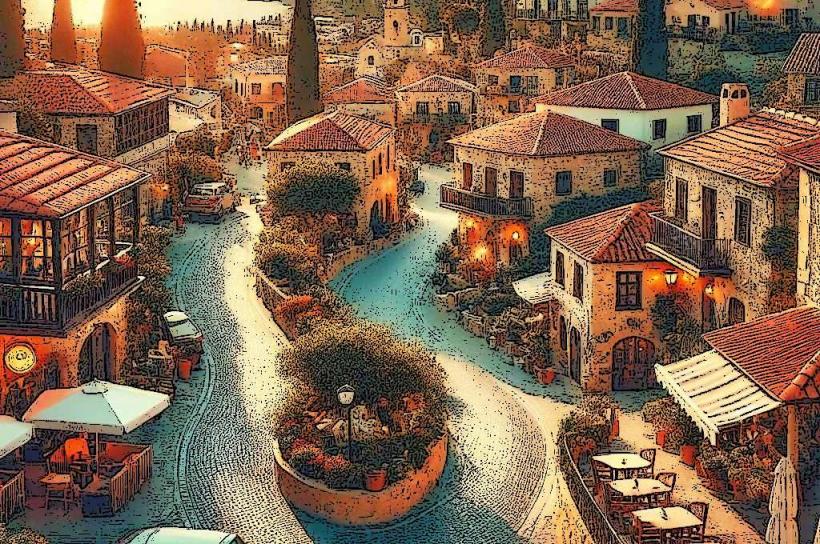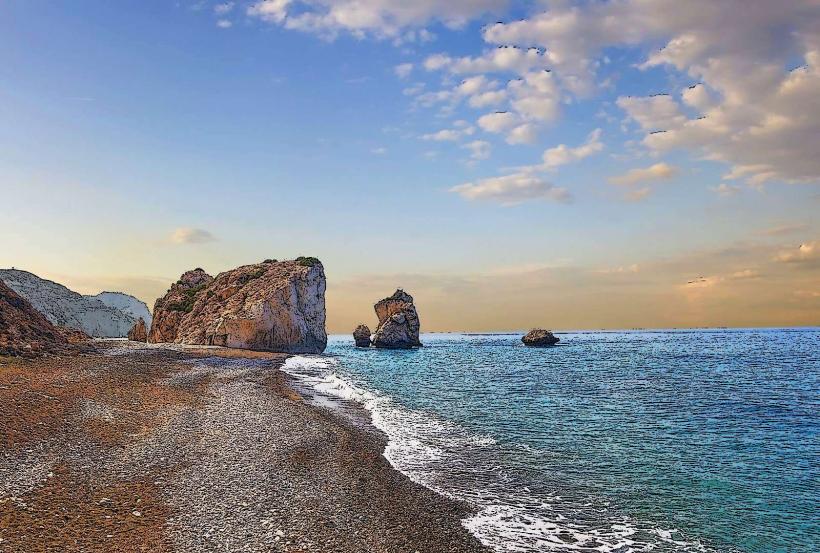Information
Landmark: Limassol Archaeological MuseumCity: Limassol
Country: Cyprus
Continent: Europe
Limassol Archaeological Museum, Limassol, Cyprus, Europe
Visual Characteristics
The building is a two-story structure, primarily constructed from reinforced concrete with a light-colored, smooth facade. Its architectural style is modern, characterized by clean lines and functional design, typical of mid-20th-century public buildings. The exterior features large windows on the upper floor and a prominent entrance.
Location & Access Logistics
The museum is situated at 5 Vyronos Street, approximately 1.5 kilometers northeast of the Limassol city center and the Old Port. Limited street parking is available on Vyronos Street and adjacent roads. Public transport access includes bus routes 13, 16, and 17, with stops located within 200 meters of the museum entrance.
Historical & Ecological Origin
The Limassol Archaeological Museum was constructed in 1975, replacing an earlier collection housed in the Limassol Castle. Its original purpose was to systematically display archaeological finds from excavations across the Limassol district, providing a chronological overview of the region's ancient history. The architect was Pefkios Georgiades.
Key Highlights & Activities
Visitors can examine pottery from the Neolithic and Chalcolithic periods, including distinctive red-on-white ware. The collection features terracotta figurines and bronze tools from the Early and Middle Bronze Age. Roman period exhibits include marble sculptures, mosaics, and glass vessels. Specific artifacts include a large Roman sarcophagus and a collection of Mycenaean pottery.
Infrastructure & Amenities
Restrooms are available on both floors. The museum is air-conditioned, providing a comfortable environment. There is no dedicated cafe or food vendor within the museum, but several cafes and restaurants are located within a 500-meter radius. Cell phone signal (4G/5G) is consistently available throughout the building. A small gift shop offers publications and replicas.
Best Time to Visit
The museum is generally less crowded during weekday mornings, shortly after opening. For optimal viewing conditions and cooler temperatures, the months of October to April are recommended, avoiding the peak summer heat. No specific lighting or tide requirements apply to this indoor facility.
Facts & Legends
A notable fact is that the museum's collection includes artifacts recovered from the ancient city-kingdom of Amathus, one of the most significant archaeological sites in Cyprus, located just east of Limassol. A specific tip for visitors is to pay close attention to the detailed labels, which are provided in both Greek and English, offering extensive context for each exhibit.
Nearby Landmarks
- Limassol Castle: 1.5km Southwest
- Limassol Marina: 1.8km Southwest
- Municipal Gardens: 0.8km West
- Rialto Theatre: 1.0km Southwest
- Agia Napa Cathedral: 1.2km Southwest


